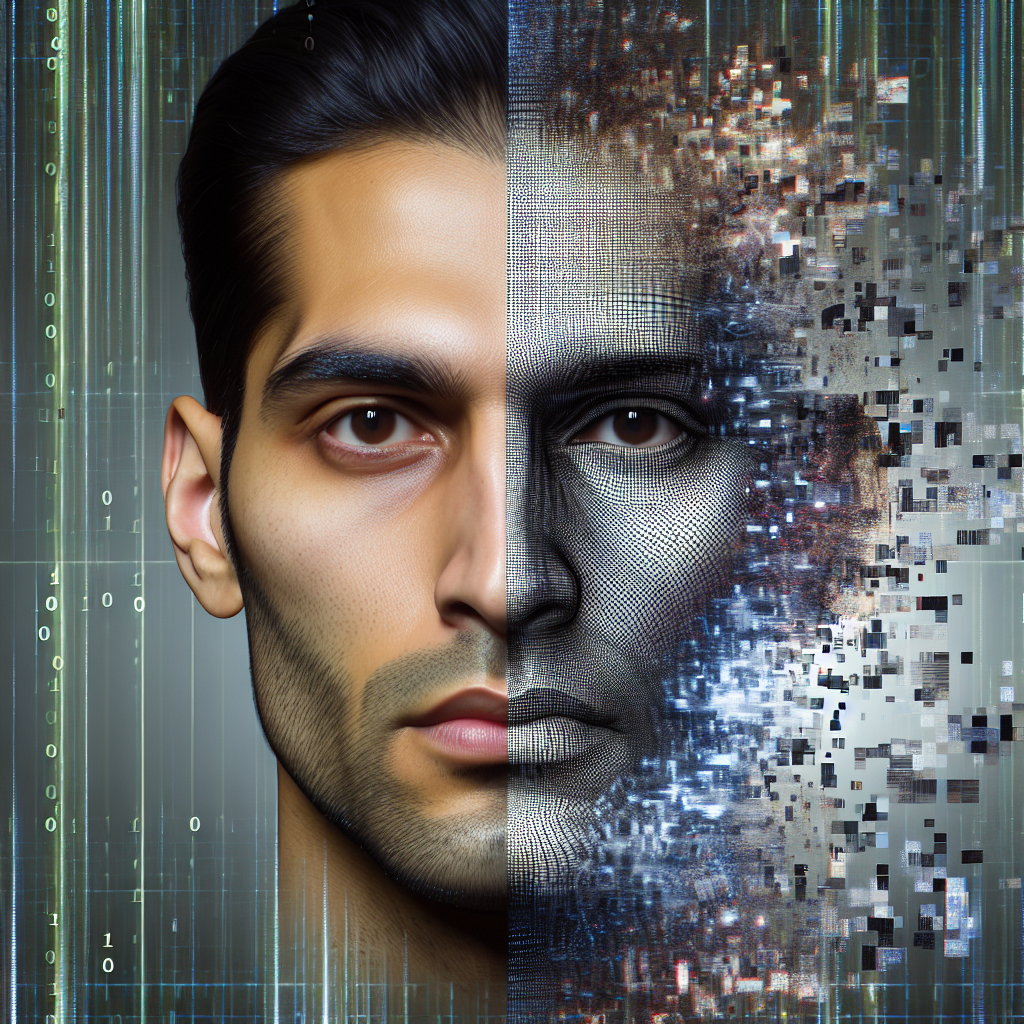TL;DR
- Deepfakes raise ethical questions about consent and digital identity.
- Varying perspectives exist, from free expression to individual privacy concerns.
- The debate underlines the importance of digital literacy and ethical guidelines in the digital age.
Introduction to Deepfakes and Consent
Deepfakes and Consent: an increasingly significant debate as artificial intelligence continues to evolve. As individuals’ faces can be digitally replicated without consent, critical ethical questions arise: Who owns your digital persona? Should consent be mandatory in this age of advanced technological possibilities?
The ethical debate around Deepfakes and Consent paints two compelling narratives.
Freedom of Expression vs Invasion of Privacy
On one hand, there is the argument that Deepfakes allow for freedom of expression and creativity. However, this perspective can conflict with privacy rights, especially when individuals’ faces are used without their permission.
Celebrities vs Everyday Individuals
Celebrities often fall victim to deepfakes, raising questions about public figures’ rights. Yet, everyday individuals are not immune, indicating that everyone’s digital identity could be at risk.
The Importance of Digital Literacy
As deepfakes become more common, enhancing digital literacy is crucial. Users need to understand how to verify content to judge its authenticity. Misinformation spread through deepfakes can have severe societal implications.
Final Thought
In the evolving digital landscape, the debate around Deepfakes and Consent is pivotal. Who should be the ultimate arbiter of your online identity? Your face is yours, but who owns its digital copy? These are the questions we must grapple with in the world of AI.
Explore more ethical debates on AI Chats

Create a realistic, visually rich DALL·E-style image showing a person’s face morphing into a digital representation, signifying the concept of deepfakes.